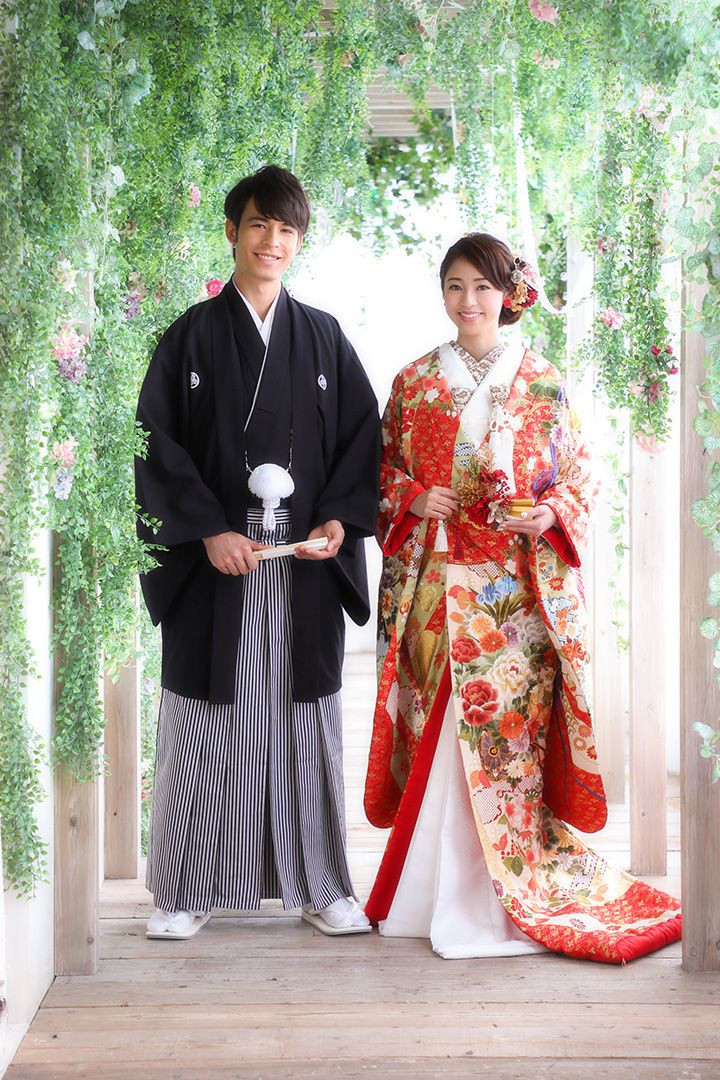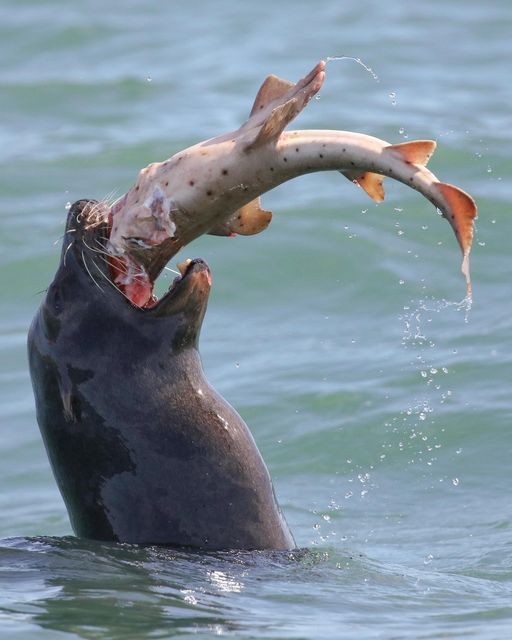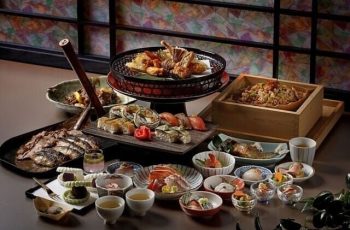These are some surprising laws that are still legal in Japan but illegal in many other countries.
In previous videos, I’ve covered things you can’t do in Japan because of local laws, or strange rules that could get you arrested. But today, I’m switching things up by showing you laws that are actually legal in Japan, but would be illegal in many other parts of the world.
Japan is known as a strict country, and rightly so. But some of these laws may leave you scratching your head. Just a disclaimer: I don’t recommend trying any of these things. This is for entertainment purposes only and not legal advice.
Also, if you’re curious about what I do daily, check out my Instagram. If you want to support the channel, check out my Japan-themed merchandise. Got questions about Japan or planning a trip here? Join my Discord community. And let me know in the comments how these laws compare to your country’s laws, and whether you agree or disagree with them.
1. Age of Consent
This is a controversial topic in Japan today. The national legal age of consent is 13 years old, which is one of the lowest in the world. This has been in the Japanese Penal Code since 1907, and it hasn’t been changed in over a century.
However, most prefectures in Japan have local laws that effectively raise the age to 16–18 years old, though there is some legal gray area in specific cases. Still, at the national level, the legal age remains 13.
2. Marrying Your First Cousin

In Japan, it is perfectly legal to marry your first cousin. While this may be legal in some places or states in the U.S., in many parts of the world, it’s considered illegal.
This law dates back to 1898, during Japan’s Meiji period. It’s not unheard of here—there’s even a word for it: “itokon” (cousin marriage). In fact, Japan’s 56th Prime Minister, the grandfather of former Prime Minister Abe, married his first cousin. Two more Prime Ministers after him also did the same.
One reason for this tradition was to keep wealth within families. Today, people in Japan can still legally marry their first cousin if they choose.
3. Defamation – Even If It’s True
This one might surprise people from countries like the U.S. In Japan, you can sue someone for defamation even if their statements are true, as long as it damages your honor or public image.
In the U.S., defamation usually refers to false statements that harm someone’s reputation. But in Japan, it doesn’t matter if the statement is true—what matters is whether it causes harm to someone’s honor or dignity.
There are three main criteria:
-
The statement is shared with the public.
-
It reveals specific facts (true or not).
-
It damages someone’s honor, reputation, or self-image.
For example, if you publicly reveal that your boss is having an affair—even if it’s true—that can still be considered defamation in Japan.
Online posts can also count as defamation if they meet these conditions. There are exceptions, such as when the information is in the public interest or you’re a whistleblower.
Real-Life Cases:
-
Case 1 (2018): A third party posted about someone’s affair on social media. Even though the affair was real, the court ruled in favor of the victim and awarded ¥100,000 (approx. $820 USD).
-
Case 2: A magazine published an anonymous report about a quasi-rape case. Even though no names were used, the court determined the subject could be identified and awarded ¥4.4 million (approx. $36,000 USD) in damages.
So in Japan, if someone is talking badly about you—even if it’s true—you might have legal options.
4. Eating Whale, Dolphin, Seal, and Sea Lion Meat

This is a sensitive topic for many, but in Japan, it is legal to hunt and eat whales, dolphins, seals, and sea lions. While most Japanese people don’t eat these foods regularly, they are still available in stores, restaurants, and even online through platforms like Amazon.
Shark fin is also legal and more commonly consumed, often in Chinese restaurants around Japan. It’s considered a luxury delicacy, but not something people eat every day.
Regarding whaling, Joji Morishita, who negotiated Japan’s exit from the International Whaling Commission, said that this issue symbolizes respect for different cultures. Many Japanese believe other cultures shouldn’t impose their food rules on Japan.
Whatever your opinion may be, it remains legal to eat these animals in Japan.
5. Cigarette Laws

Most people now know that smoking is harmful, and many countries have strict laws to protect people from cigarettes and secondhand smoke—especially children.
Japan is slowly catching up, but certain things are still legally allowed here that would be banned elsewhere:
-
Cigarettes are still sold in vending machines (with a TASPO ID card to confirm age).
-
Though most indoor smoking was banned in 2020, it is still allowed in:
-
Hotel rooms
-
Cigar bars
-
Small restaurants and bars that were open before April 2020
-
While smoking laws have tightened in recent years, it wasn’t long ago when you could smoke almost anywhere indoors in Japan.

